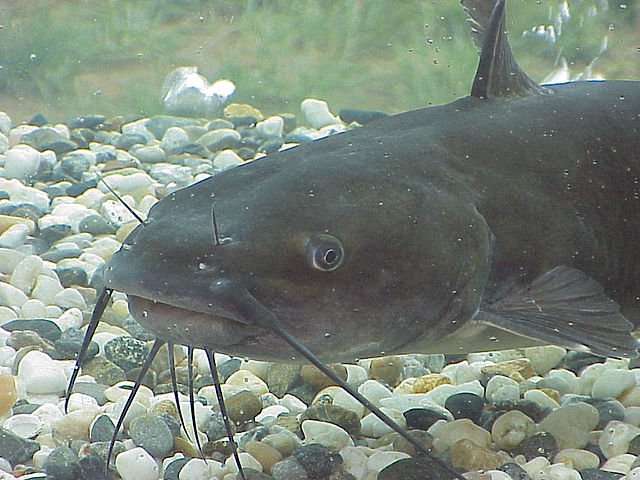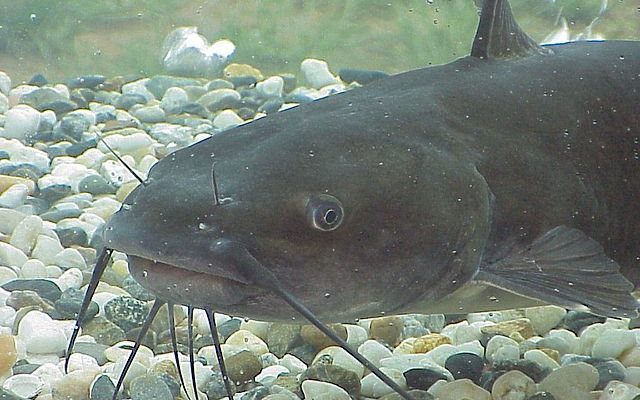
Let’s break it down. Just like you wouldn’t just dive into a pool without checking how deep it is, there’s a lot of groundwork to cover before jumping into catfish farming. Some states make it easy, while others have rules that could catch you off guard. So grab a cup of coffee, and let’s explore what you need to know about catfish farming legality across the U.S.
Understanding Catfish Farming Regulations
Before you start dreaming about your catfish farm, it’s essential to understand the regulations that govern the practice. Each state has its own set of rules, often depending on local wildlife management policies. This can be quite different from one state to another. For example, some areas may encourage aquaculture, while others might impose strict permits and licenses.
Environmental Impact
Here’s the thing: catfish farming isn’t just about growing fish. It’s about doing it responsibly. States that uphold stricter environmental standards will have guidelines to ensure that farming doesn’t harm local ecosystems. For instance, they’ll consider water quality, waste management, and local fish populations before giving you the green light to farm.
Permitting and Licensing
Generally, you’ll need to secure certain permits before diving into farming. This can include a state aquaculture license or environmental permits, depending on your state. It’s like getting your driver’s license before hitting the road—safety first!
State-by-State Overview
While it’s impossible to cover every state in detail, let’s take a look at some examples to give you a clearer picture.
States That Encourage Catfish Farming
- Mississippi: This state is known for its vibrant catfish farming industry. In fact, Mississippi produces about 50% of the catfish consumed in the United States. The state offers a supportive regulatory environment that helps farmers thrive.
- Alabama: Similar to Mississippi, Alabama has a strong tradition of catfish farming. The state provides resources and assistance for new farmers looking to get started.
States With Stricter Regulations
- California: In California, you’ll find stringent regulations around farming fish, including catfish. Permits can be challenging to obtain, and you’ll need to demonstrate that your farm won’t harm local ecosystems.
- Florida: Florida has a complex set of rules regarding aquaculture, particularly for non-native species. If you’re looking to farm catfish here, it’s crucial to check local rules and get the necessary permits.
Choosing the Right Species
Not all catfish are created equal! It’s essential to choose a species that’s legal to farm in your area. For example, the channel catfish and the blue catfish are popular in many regions. However, you might find that some states have restrictions on other species, particularly non-native ones.
Native vs. Non-Native Species
Native species are usually more straightforward to farm since they’re part of the local ecosystem. On the other hand, non-native species may face additional scrutiny and require special permits, as they can potentially disrupt local habitats if they escape into the wild.
Benefits of Catfish Farming
So, why even consider catfish farming? Apart from the joy of nurturing your own fish, there are several benefits:
- Sustainability: With the right practices, catfish farming can be a sustainable way to produce food. It often has a lower environmental impact compared to other forms of animal agriculture.
- Business Potential: The catfish market is steadily growing. If you can tap into local or regional markets, you could find lucrative opportunities.
- Community Engagement: Farming can help bring communities together. Local farmers can share insights, collaborate on best practices, and even host events like fish fries!
Common Challenges in Catfish Farming
Of course, like any business, catfish farming comes with its own set of challenges. Here are a few to keep in mind:
Water Quality Management
Keeping the water clean is crucial for your fish’s health. You’ll need to invest in proper filtration and aeration systems to maintain water quality. Remember, pollution can cause diseases in your fish, which is a headache no farmer wants to deal with.
Market Competition
Depending on your location, you might find competition from other farms. It’s essential to develop a marketing strategy to stand out. Maybe consider selling directly to restaurants or local markets for fresher options.
Final Thoughts
If you’re considering diving into catfish farming, it’s crucial to familiarize yourself with the legal landscape in your state. Remember, each state has unique regulations that can affect everything from licensing to species selection. Always do your homework!
In the end, catfish farming can be a rewarding endeavor, blending sustainability, community, and business opportunity. Just like fishing, it requires patience, strategy, and a bit of skill. So, are catfish legal to farm in all states? With the right knowledge and preparation, you can navigate through the regulations and potentially reel in an exciting new venture.

